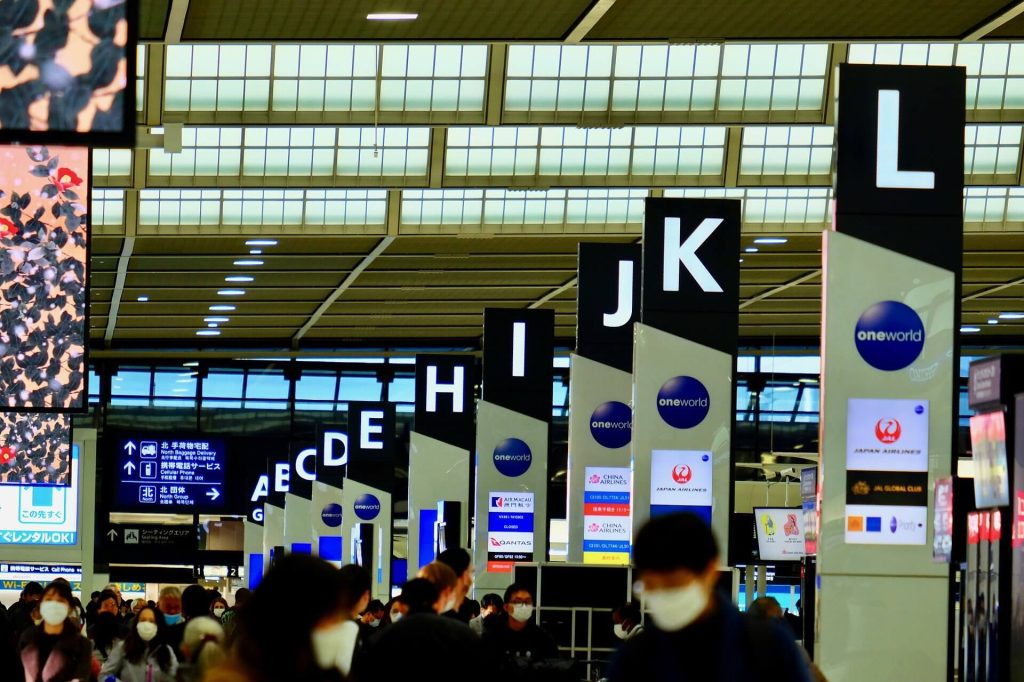Planning Your Air Travel to Mitigate Financial Loss Due to the Coronavirus

Coronavirus is rapidly spreading across the world with more than 95,000 cases of infection in nearly 80 countries, as Reuters reports in this The New York Times article. Many airlines have suspended or reduced flights to China and conferences such as the Passenger Terminal Expo have been cancelled or postponed due to the outbreak, as reported by Samantha Masunaga & Suhauna Hussain for Los Angeles Times. If you are booking a flight trip for the coming days, it might be wise to consider the following tips to reduce financial loss should you be unable to travel due to the virus outbreak.
1) Check if you are allowed entry to your destination country and if a virus case has been reported in that country.
The International Air Transport Association (IATA) Travel Center website holds a valuable guide informing travelers about the restrictions posed by different countries on passengers coming from or having transited through specific countries. It is advised that you review these restrictions before booking an airline ticket to your destination country. A map by Johns Hopkins University’s Center for Systems Science and Engineering (CSSE) shows the global spread of the virus as it happens. Reuters also provides up-to-date information about reported cases of infection. Knowing the extent to which the virus plagues the country you plan to visit (if it does so at all) will help you gauge the likelihood of your commitment(s) being postponed or cancelled at a later date.
2) Review the refund policy of the airline you plan to use.
In the wake of the virus outbreak, many airlines have introduced fee waivers for cancellation and postponement. American Airlines, for example, has decided to waive any fees related to changes made to flights; however, passengers must inform the airline about these changes at least a fortnight before their planned travel date, as per Madeline Merinuk from Today who has created a useful list of airline policy changes that can help you predict and plan for potential financial losses prior to booking your trip. It might be useful to consider travelling on an airline that is slightly more expensive but has a generous waiver/refund policy as opposed to seeking the cheapest option.
3) Familiarize yourself with the terms of your travel insurance.
As Natasha Frost of Quartz reports, travel insurance on your bank card might not work if you cancel your flight due to fear of the virus. Unfortunately, buying a travel insurance yourself might not go a long way either unless you purchase an insurance plan that allows you to cancel your planned trip for any reason. These plans tend to cost more than a standard travel insurance package. However, they can offer partial coverage if you decide to cancel your trip. You should, in all circumstances, consider buying a travel insurance. Even if cancellation is not covered, you will still benefit from the coverage of your medical expenses if you get sick.
4) Consider booking a refundable air ticket.
Flight tickets are one of the most expensive elements of travel if your eyes are set outside your national borders. If there is any chance that you might have to cancel, it would be wise to consider purchasing a refundable air ticket. While these tend to be pricier than nonrefundable tickets, you will end up saving a considerable amount of money if you have to cancel later on. Ciara Larkin of Investopedia has offered insight into the costs and benefits of booking a refundable flight ticket.
5) Keep an eye out for communication from event/trip organizers.
Organizers may reach out to you through phone, email or a notification on their website if they wish to cancel or postpone. Make sure that you are aware of such notifications while planning your trip. You do not want to be spending time and money on other travel-related procedures (visa acquisition, for example) if your primary purpose of travel is invalidated. These tips, if utilized while planning your trip, will reduce the likelihood of extreme financial distress should your plans be impacted by the virus outbreak. We wish you safe travels and encourage you to exercise vigilance while travelling to protect yourself from viral infection.
These tips, if utilized while planning your trip, will reduce the likelihood of extreme financial distress should your plans be impacted by the virus outbreak. We wish you safe travels and encourage you to exercise vigilance while travelling to protect yourself from viral infection.



